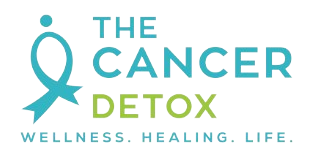Treatment Options for Early-Stage Breast Cancer Patients
Last week I had a consult with a woman newly diagnosed with breast cancer. Besides her fear of the diagnosis, which is understandable, she expressed concern about the treatment options given to her by her doctor. It seems that she was offered an extremely long course of radiation therapy. She expressed to me that she remembered hearing a story on NPR some months ago that there were shorter treatment options for women with early-stage breast cancer. I assured her that she was correct, there are shorter courses of radiation treatment. Mastectomy vs. Lumpectomy For women diagnosed with early-stage breast cancer, breast-conserving therapy is the standard of care that should be offered to every woman. What does this treatment entail? 1) Breast-conserving therapy means just that: the breast is conserved. There is no mastectomy performed. Mastectomy is total removal of the breast. A recent
Read More

